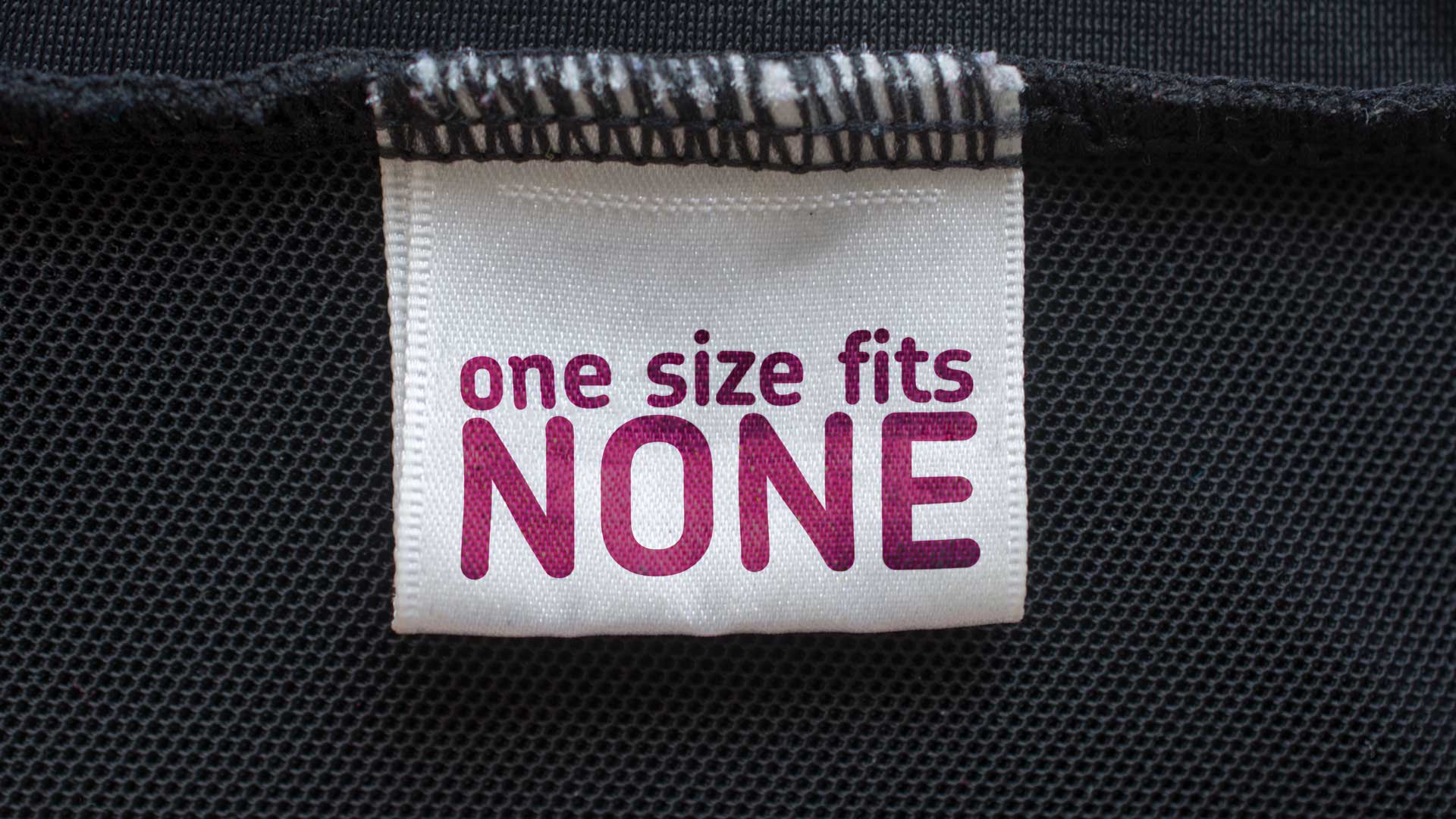Powerful relational leaders use proportion, not balance. They are not too powerful or relational - they are just right for each situation. They understand that leading is about getting results AND developing people because they know the critically simple point that people get results!
Of course, new and seasoned leaders wrestle with how much they should get results from the people and how much they need to relate to them. For example, how much to be the boss and how much to be a friend. These are structures that you form, and they will impact your leadership.

Leaders tend either toward getting results or relating to people. Even the best powerful relational leaders tend to one or the other.
RESULTS or RELATING is a straightforward way to think about your leadership style. That is great if you prefer to use the five leadership styles (Directive, Transactional, Delegative, Participative, and Transformational). On the other hand, if you want something that is easier to remember and fits all of life, try the Results AND Relating model.
Results and Relate
You might describe the RESULTS tendency as you...
- push information to others
- fear not getting the job done
- advise, direct, and instruct
- help by sharing your view – teaching, knowledge, experience, and perspective
- observe others, provide feedback on what they are doing, and state why they need to change
On the other hand, you might describe the RELATE tendency as you...
- pull information from others
- fear hurting people’s feelings
- ask, listen, and invite
- help by seeing their view – asking, listening, exploring, and discovering
- help people observe themselves, learn from the observations, and invite them to apply what they learned.
You probably can see your tendency as you read each of those lists. The difficulty with the lists is that RELATE sounds better! You may not want to consider that you are more on the RESULTS side.
Here is the best approach - powerful relational leaders know how to use both.
One Extreme or the Other
If you are on the RESULTS side, at the extreme, you may be saying, "It's my way or the highway. Just get the job done! If people get hurt, that's life!" Of course, using that language will make most people say, "That's not me." But be honest with yourself. You may not be that extreme, but you still may have more of a RESULTS orientation.
If on the RELATE side, at the extreme, you may be saying, "Let's get along! Unity is all we need! I want everyone to feel good about each other!"
If you do not understand and apply the Results and Relating Principle, you tend to stay with the side you feel more comfortable with. That is because you have developed and used that ability more than the other.
And another problem can pop up. If you think your acting needs to change, you may go too far in the other direction. That often leads to oscillating. For example, you may be more driven and results-oriented but see the need to relate more. Instead of pushing the slide switch a little more toward "Relate," you push it too far. You become uncomfortable because you are underdeveloped on that side and jump back to Results.
Suppose you continue that behavior. You set up an oscillating pattern that is unproductive for you and others. Take little steps and grow into new behavior.
Balance or Proportion
Too often, people start talking about BALANCE between the two approaches, but that does not work well for legitimate situations that call for extremes. For example, you want to be all about "results" regarding safety. And it is best only to relate when people are hurting, like a death in the family.
So, what's the answer - PROPORTION! You want to use the right proportion for each situation.
If you are primarily Results-oriented, it will be good for you to maintain some thinking that asks, "What principle about Relating am I ignoring? Am I caring for and about others?"
Or, on the other hand, if you are primarily Relating-oriented, ask yourself, "What principle about getting Results am I ignoring? Am I doing what is right, standing on good values?"
Both RESULTS and RELATING are legitimate for specific situations.
GR8 Leaders learn to read the situation and use the right PROPORTION.
